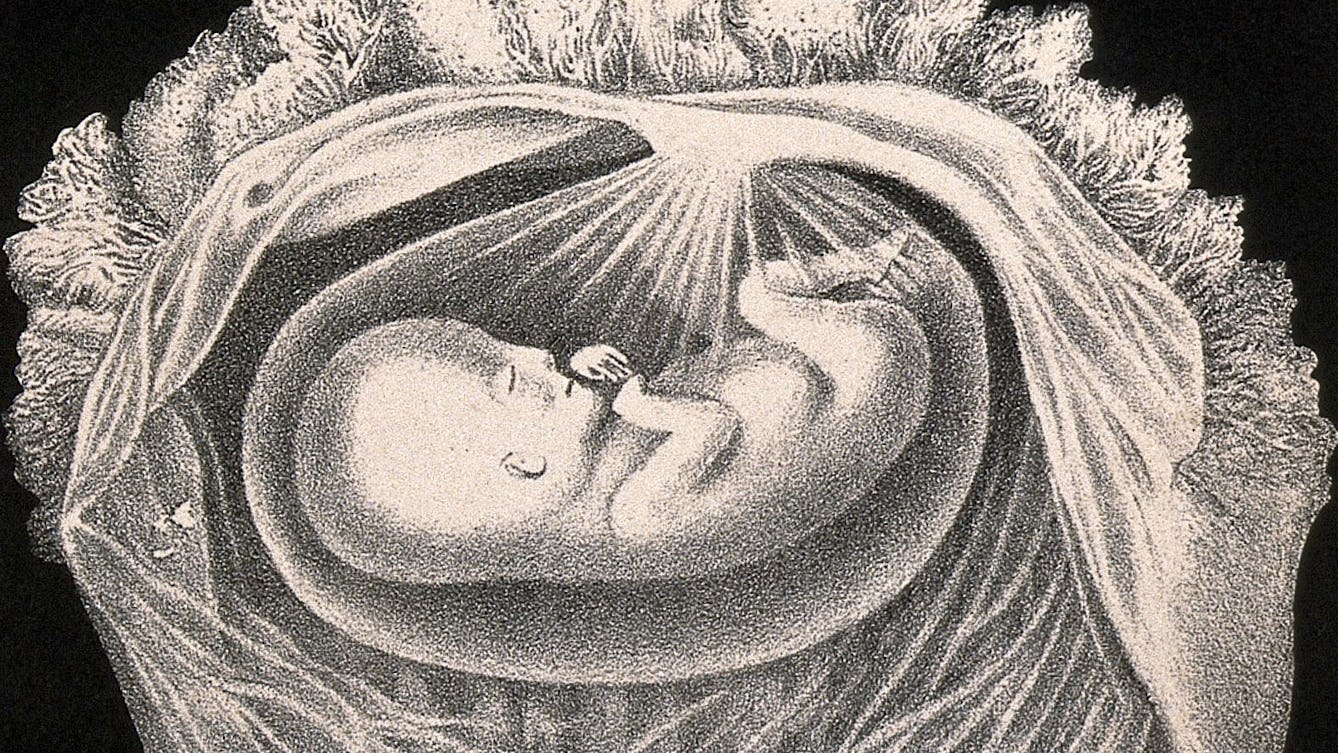
- Article
- Article
The quest to breed gifted children
If you had the chance, would you choose a genius baby?
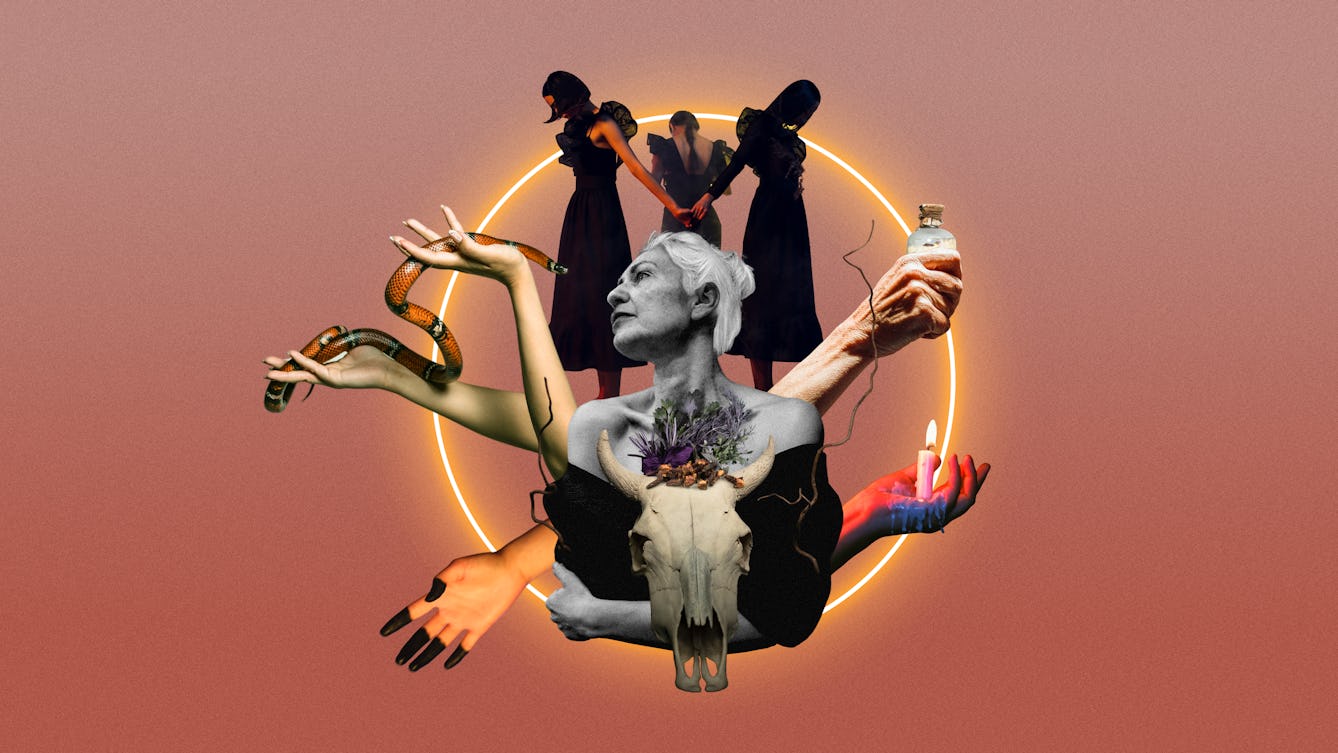
- Article
- Article
Witches
Many of the women persecuted as witches in the 16th-century “witch craze” were over 50 and exhibited signs of menopause. Helen Foster suggests that the stigma of the wicked witch still affects older women and how they deal with menopause.

- Article
- Article
The catharsis of cringe
Watching cringe comedy can be therapeutic. Find out why some of us are drawn to the build-up of stress in shows like ‘Frasier’ and ‘The Office’.

- Article
- Article
How tuberculosis became a test case for eugenic theory
A 19th-century collaboration that failed to prove how facial features could indicate the diseases people were most likely to suffer from became a significant stepping stone in the new ‘science’ of eugenics.

- Article
- Article
Sex in graphic novels
Sex and sexuality have long been explored in the history of the graphic novel.

- Article
- Article
How electromagnetic therapy inspired me
Poet Sarah James explores how repetitive transcranial magnetic stimulation treated her depression and influenced her art.

- Article
- Article
Rose Mackenberg’s deceptive activism
Discover how a New York private investigator became part of Houdini’s mission to expose the fraudulent mediums making money from their vulnerable, grieving clients.

- Article
- Article
When wounds replace words
For the many thousands of refugees waiting in Greece, the process to establish the truth of their tragic personal histories is often extremely upsetting. But a group of medics and legal workers is working together to make the system more humane.

- Article
- Article
The smile catchers
From facial recognition to emojis in apps, find out how the monitoring of emotions is used to get more out of workers.

- Article
- Article
Diagnosing OCD in the past
Mining the writings of and about famous historical figures, retrospective psychologists try to diagnose their mental health problems. But, inevitably, partial evidence is open to misinterpretation.

- Article
- Article
The epilepsy diagnosis
Epilepsy exists between the mind and body, something that Aparna Nair experienced for herself when she was diagnosed as a teenager.
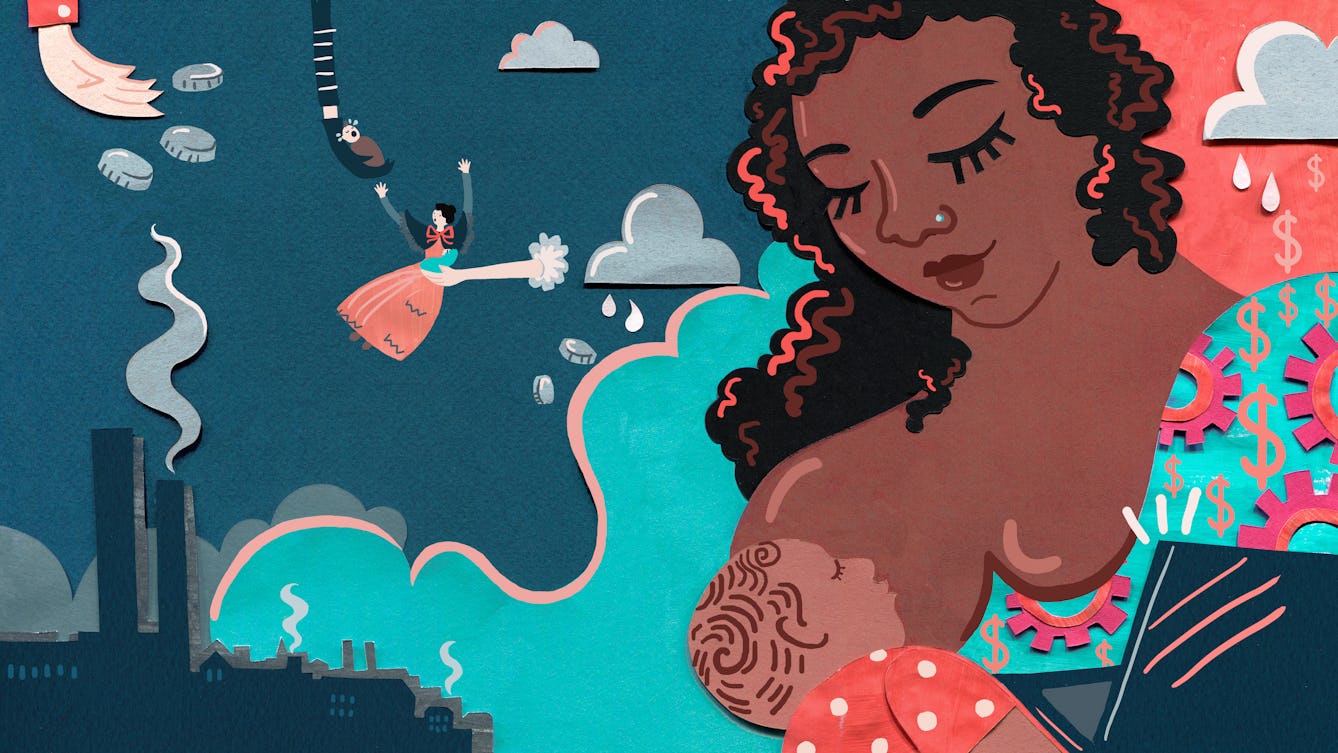
- Article
- Article
The work of wet-nursing
Many of us know that in the past, babies were sometimes nourished by wet-nurses. But, perhaps surprisingly, the practice continues today – and the milk recipients are not only babies.

- Article
- Article
Uncovering experiences of dementia
Focusing on three 19th-century women’s case notes, Millie van der Byl Williams explores how our definition of dementia has changed.

- Article
- Article
Coleridge’s hypochondria
An intense focus on his own bodily sensations led poet Samuel Taylor Coleridge to self-medicate with narcotics. But this fascination also put Coleridge ahead of the medical sensibilities of his day.

- Article
- Article
Synaesthesia, or when senses overlap
What’s it like to see heartbeats, taste Tube stations or hear paintings?

- Article
- Article
Building a dream in the garden suburbs
In the late 19th century a ‘garden suburb’ promised a retreat from London’s dirt and crowds. See how this new concept was developed to appeal to the health concerns of the literary classes.

- Article
- Article
An insider’s view of Play Well
Curator Shamita Sharmacharja offers behind-the-scenes insights into an exhibition about the serious business of play.

- Article
- Article
Cocaine, the Victorian wonder drug
Today, cocaine has a very poor public image as one of the causes of crime and violence. But for the Victorians it was welcomed as the saviour of modern surgery.

- Book extract
- Book extract
The 200-year search for normal people
Sarah Chaney poses the question we’ve likely all asked at some point in our lives: 'Am I normal?’, and explores whether normality even exists.
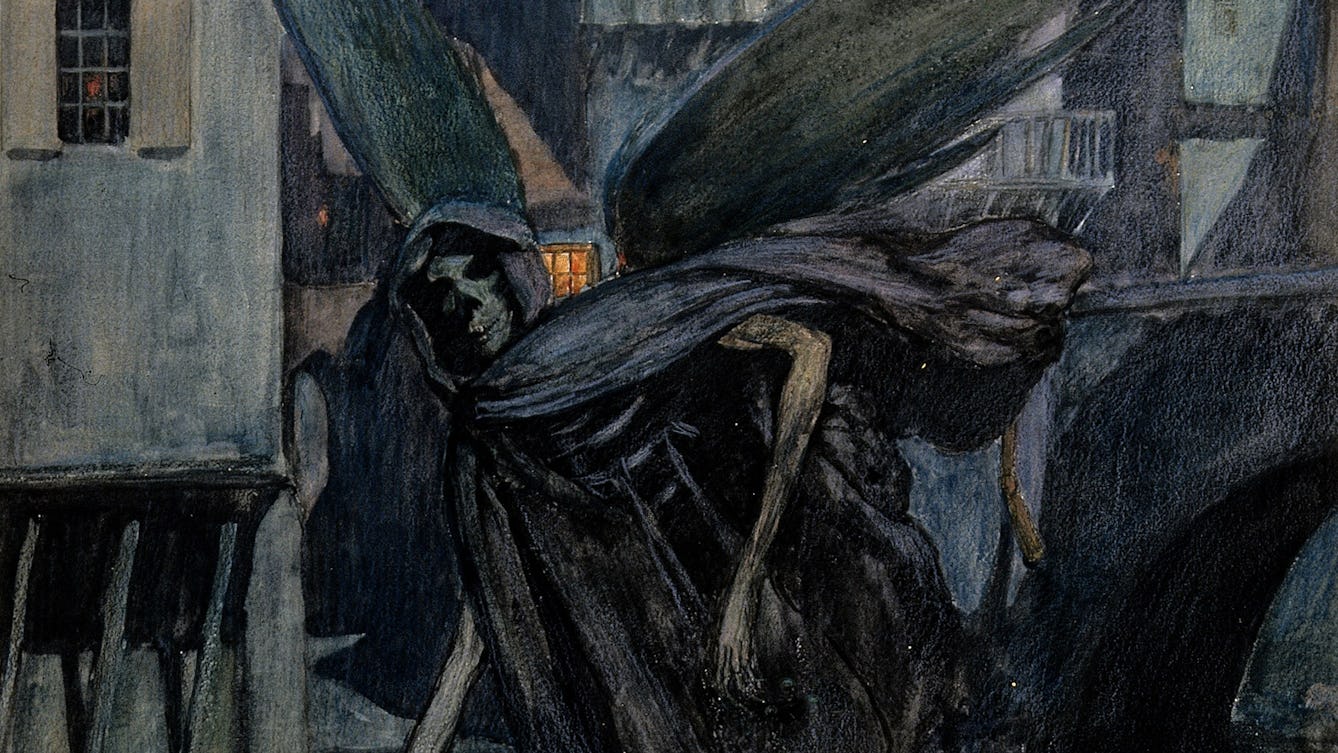
- Article
- Article
The cook who became a pariah
New York, 1907. Mary Mallon spreads infection, unaware that her name will one day become synonymous with typhoid.

- Article
- Article
Guerrilla public health
From safe-use guides to needle exchange schemes, Harry Shapiro reflects on 40 years of drug harm reduction in the UK.
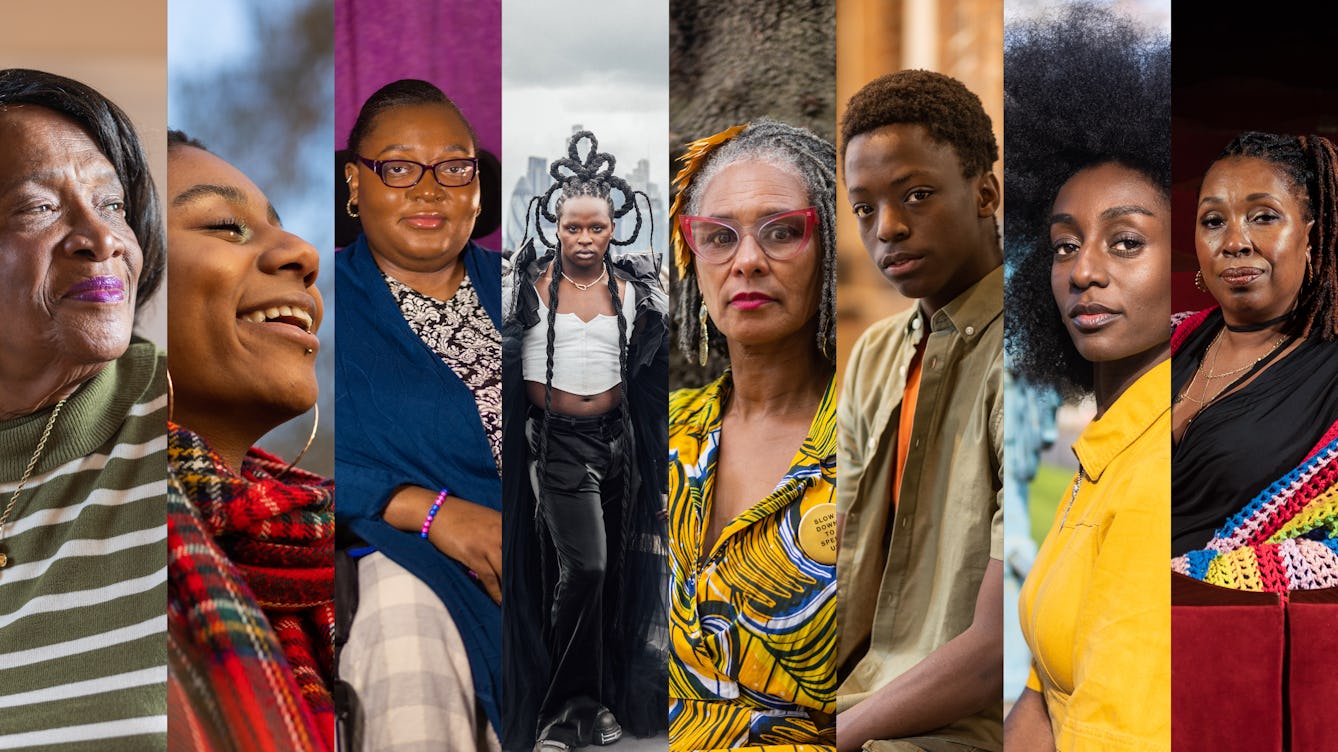
- Photo story
- Photo story
‘My Hair Is Not…’
Eight Black people talk about their relationship with their hair – their hairstyle history, their experiences, and how they decided to have natural hair.